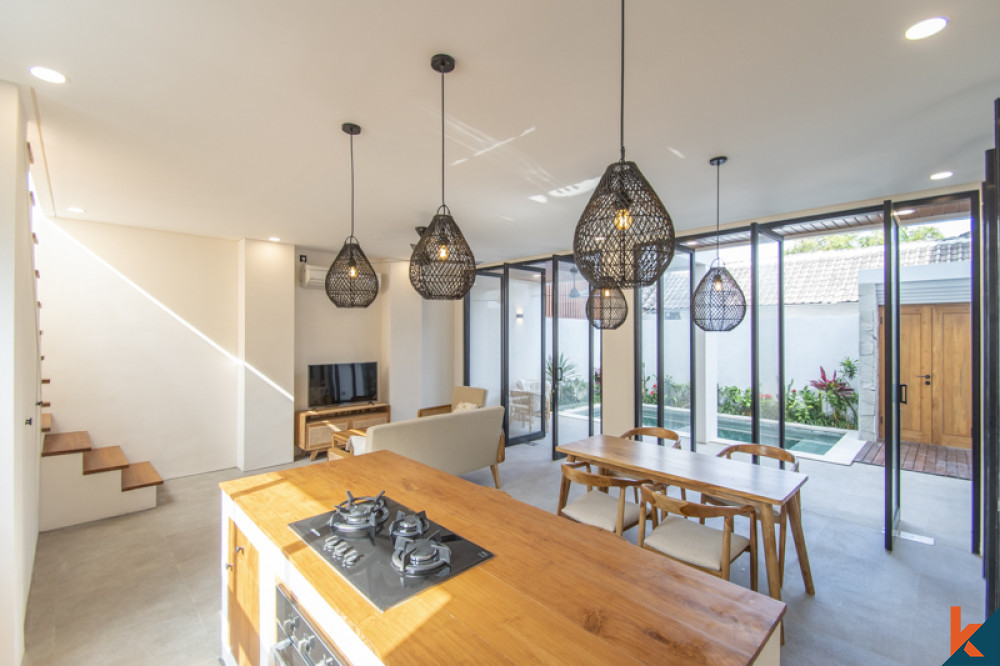Moving to Bali is a dream for many. The island offers an exotic escape from the routine. However, making Bali your home requires more than just packing your bags. This article delves deep into what to expect and how to prepare for your move to this tropical paradise.
Understanding Bali’s Cultural Landscape
Bali is much more than its tourist-friendly facade. The island’s heart lies in its deep-rooted traditions and values.
- Balinese Hinduism: Unlike the rest of Indonesia, which is predominantly Muslim, Bali practices a unique form of Hinduism. This form incorporates local animistic traditions, making it distinct from Indian Hinduism. Respecting local customs and participating in ceremonies will endear you to the locals.
- Community Living: The Balinese emphasize community living. The banjar, a local community council, organizes events and ceremonies. As a resident, you may be expected to contribute in terms of time or money.
- Art and Craft: Bali is renowned for its arts, including dance, music, and sculpture. Engaging in local art classes or attending performances will offer a deeper insight into Balinese culture.
Economic Aspects of Living in Bali
The cost of living in Bali is relatively lower than in western countries, but there are specifics to consider.
- Accommodation: While you can find affordable accommodations, prices soar in tourist hotspots. Opt for long-term leases to negotiate better rates.
- Daily Expenses: Local produce and eateries are pocket-friendly. However, imported goods and dining in upscale restaurants can be pricey.
- Work Opportunities: Indonesia has strict work regulations for foreigners. Ensure you have the appropriate visa or work permit.
Adapting to the Balinese Lifestyle
Bali offers a slower pace of life. Here’s how you can adapt seamlessly:
- Transportation: Scooters are the most common mode of transport. Ensure you have an international driving license and always wear a helmet.
- Local Cuisine: Balinese food is a delightful medley of flavors. Familiarize yourself with local dishes like Nasi Goreng (fried rice) and Babi Guling (suckling pig).
- Language: While English is widely spoken in tourist areas, learning basic Bahasa Indonesia will be beneficial in local interactions.
Preparation Before the Big Move
A smooth transition requires thorough preparation.
- Visa Regulations: Indonesia has several visa options, from tourist to retirement visas. Research the one that aligns with your intent.
- Healthcare: While Bali has healthcare facilities, serious ailments might require a trip to the mainland. Consider a comprehensive health insurance policy.
- Safety: Bali is relatively safe. However, like any other place, it’s essential to be cautious. Avoid poorly lit areas at night and always keep your belongings secure.
Buying Property in Bali: Aspects to Consider
For many, owning a slice of this tropical paradise is the ultimate dream. However, buying property in Bali requires scrutiny, especially for foreigners. Understanding the intricacies and laws associated with property acquisition in Bali is essential.



Foreign Ownership and Leasehold Structures
Indonesian law does not permit direct foreign land ownership. However, several mechanisms allow foreigners to legally control and benefit from property. The most common is the leasehold structure, where a foreign individual or entity leases the land from an Indonesian landowner for a predefined period. This method typically ranges from 25 to 30 years. This lease can often be extended.
Due Diligence is Crucial
Before committing to any property transaction in Bali, it’s paramount to conduct thorough due diligence. This includes verifying land certificates, ensuring there are no outstanding disputes or liens on the property, and confirming the zoning restrictions. Some areas in Bali are designated as ‘green zones’ where no construction is permitted.
Legal Assistance
Given the complexities involved, it’s highly recommended to seek legal counsel when purchasing property in Bali. A knowledgeable local lawyer can guide you through the process, ensuring all contracts are legally sound and your interests are protected.
Cultural Considerations
Buying property in Bali isn’t just a financial or legal decision. Given the island’s cultural significance and emphasis on community, it’s crucial to ensure that any property development or purchase respects local customs, traditions, and the environment. This will foster goodwill and harmonious relationships with the local community.
Location Matters
Bali is diverse, and each region has its unique charm and challenges. Areas like Seminyak and Ubud are popular but can be crowded and more expensive. In contrast, the northern and eastern parts of the island are quieter but might lack some amenities. It’s essential to visit various locations, understand their pros and cons, and then make an informed decision based on your preferences and requirements.
Building and Maintenance
If you’re considering building on your leased land, be aware that Bali has specific construction regulations, especially concerning height and proximity to temples or sacred sites. Also, properties in Bali require regular maintenance due to the tropical climate, which can lead to wear and tear.
